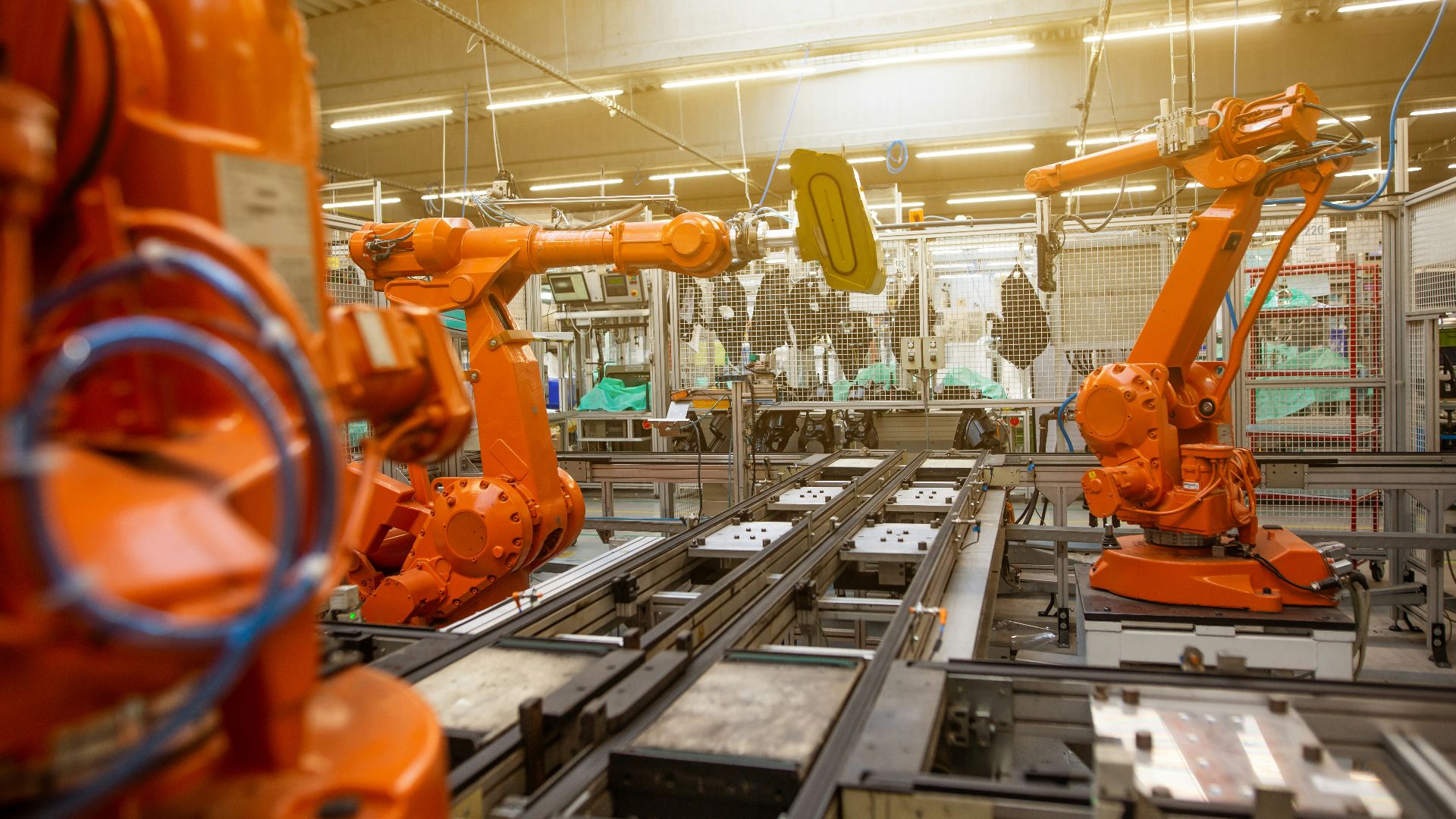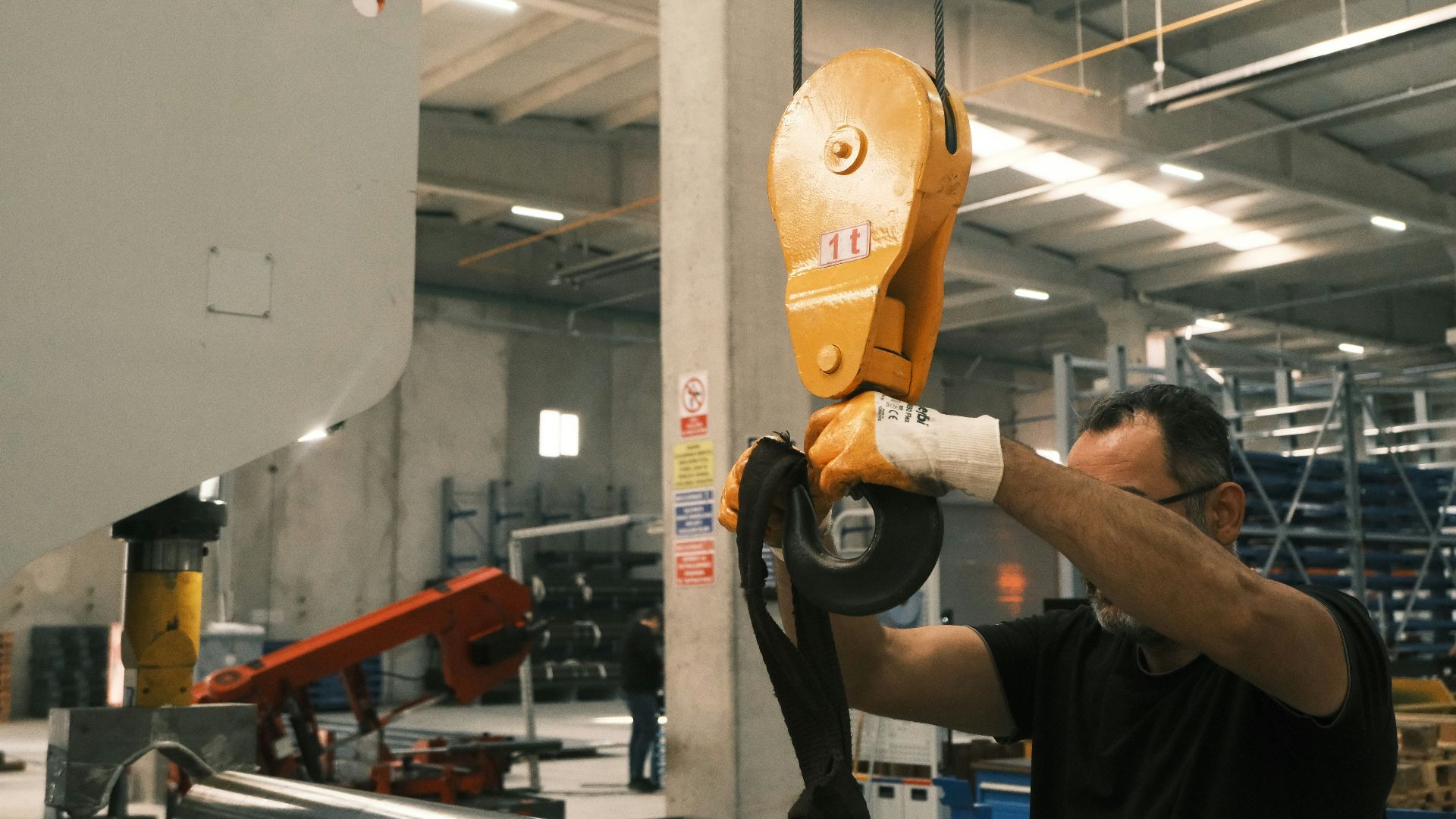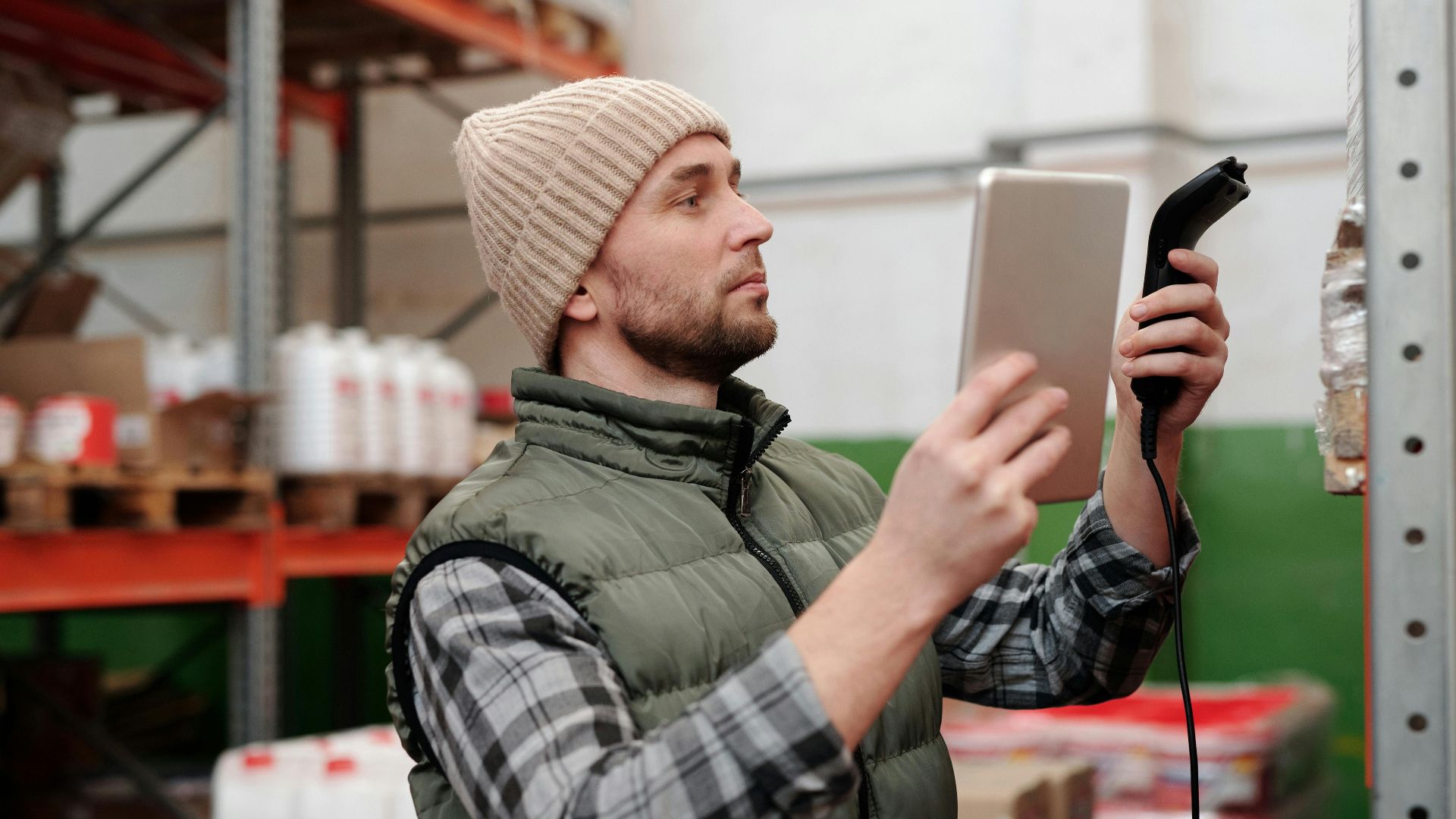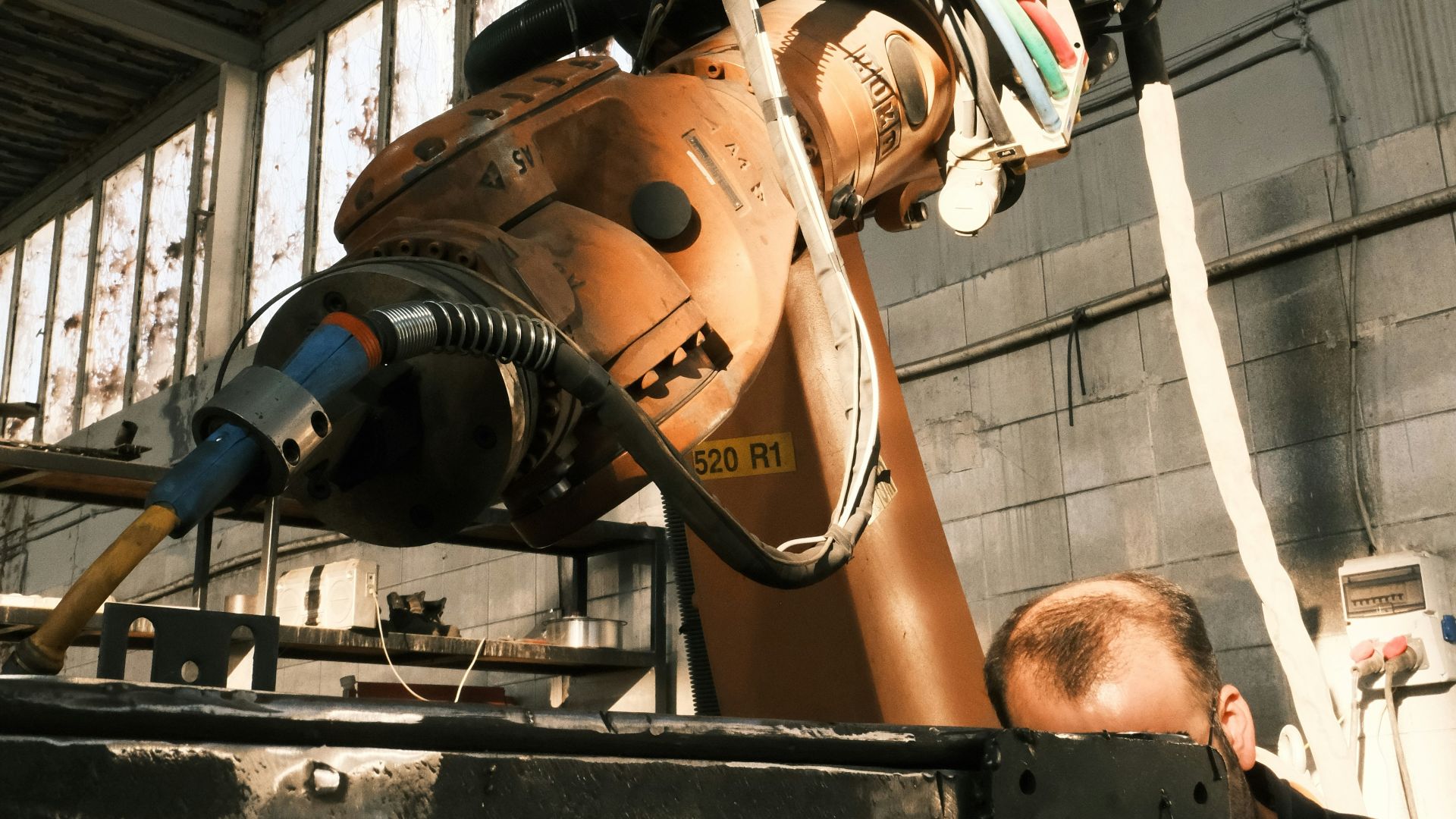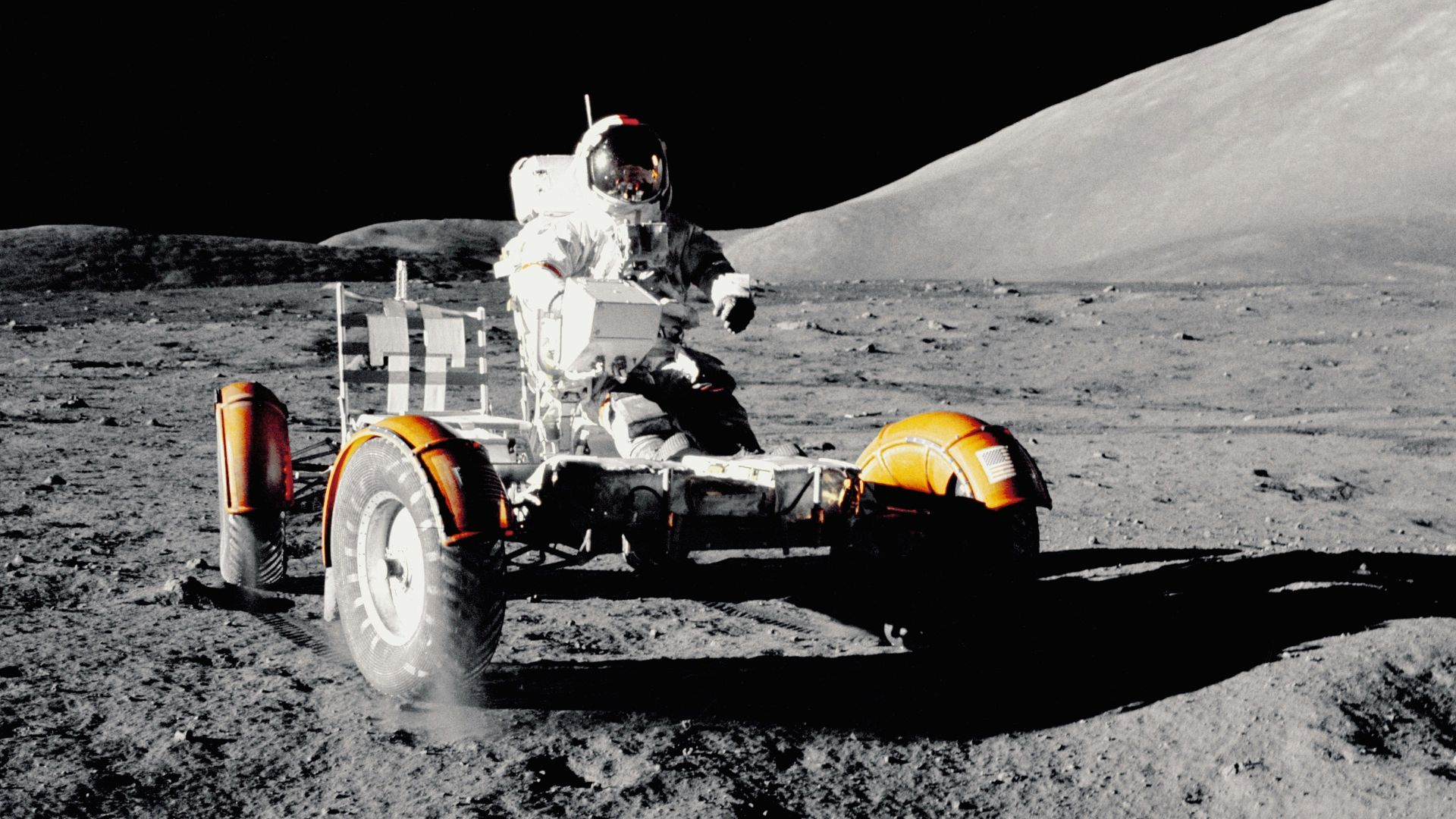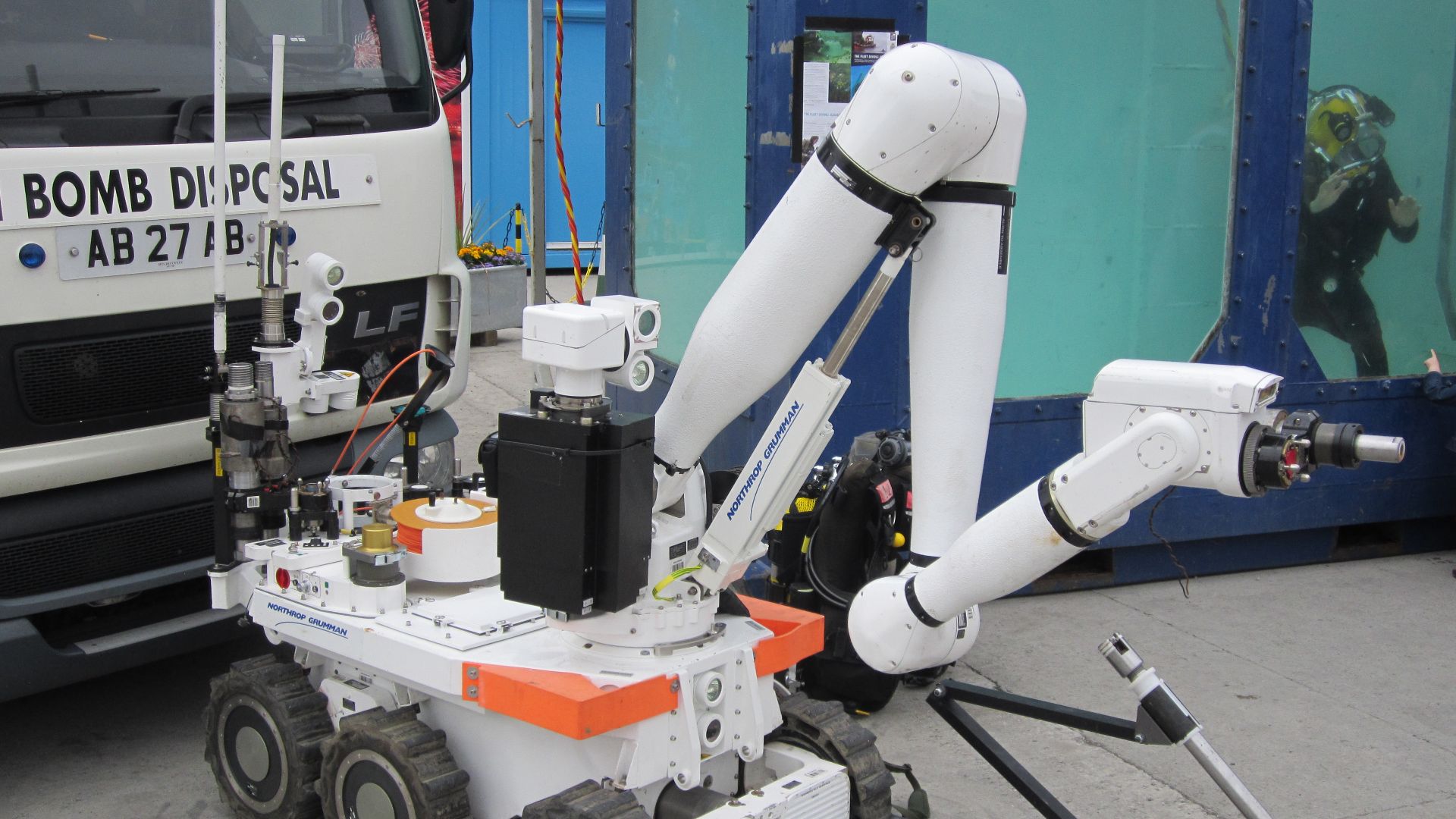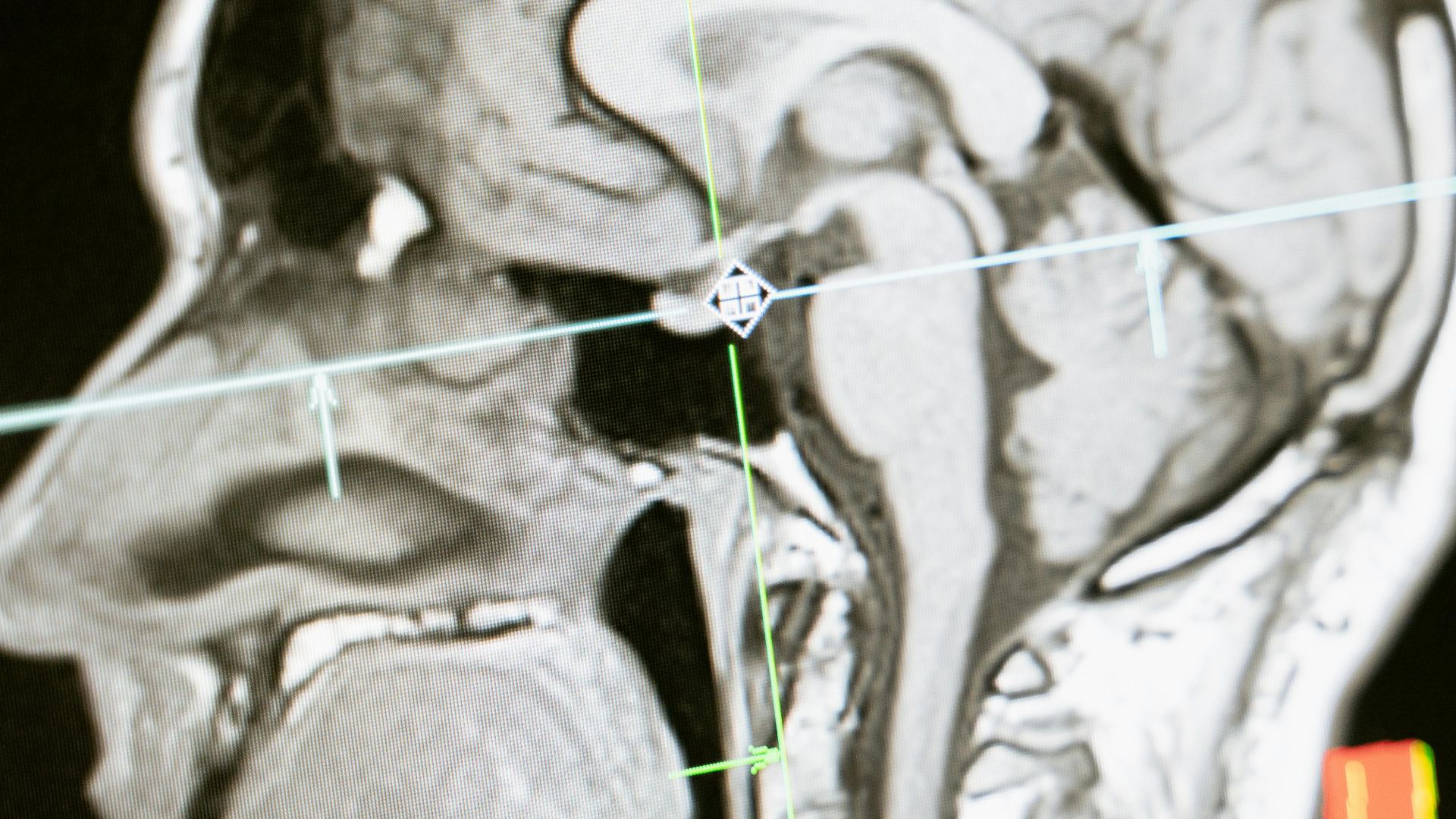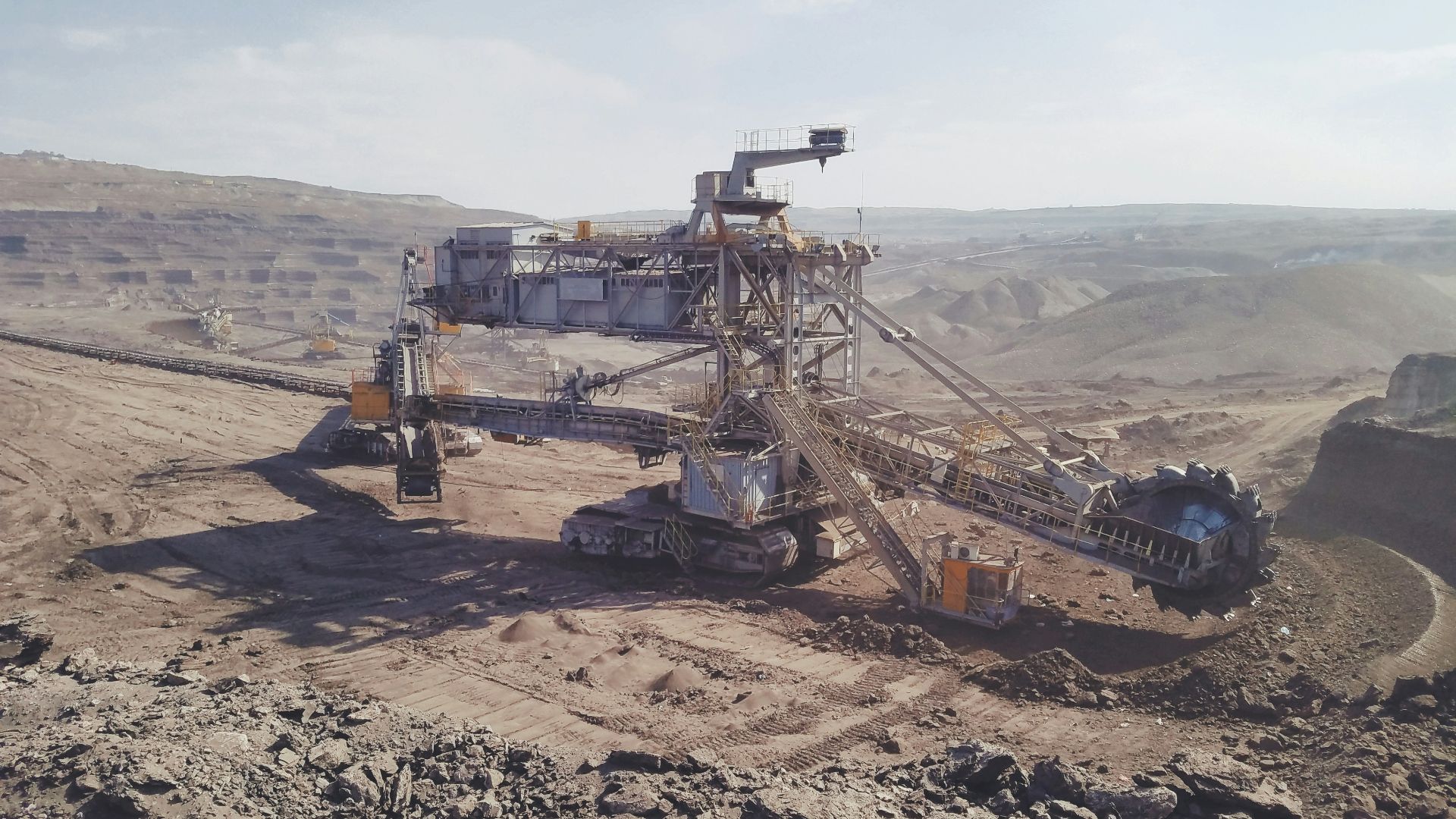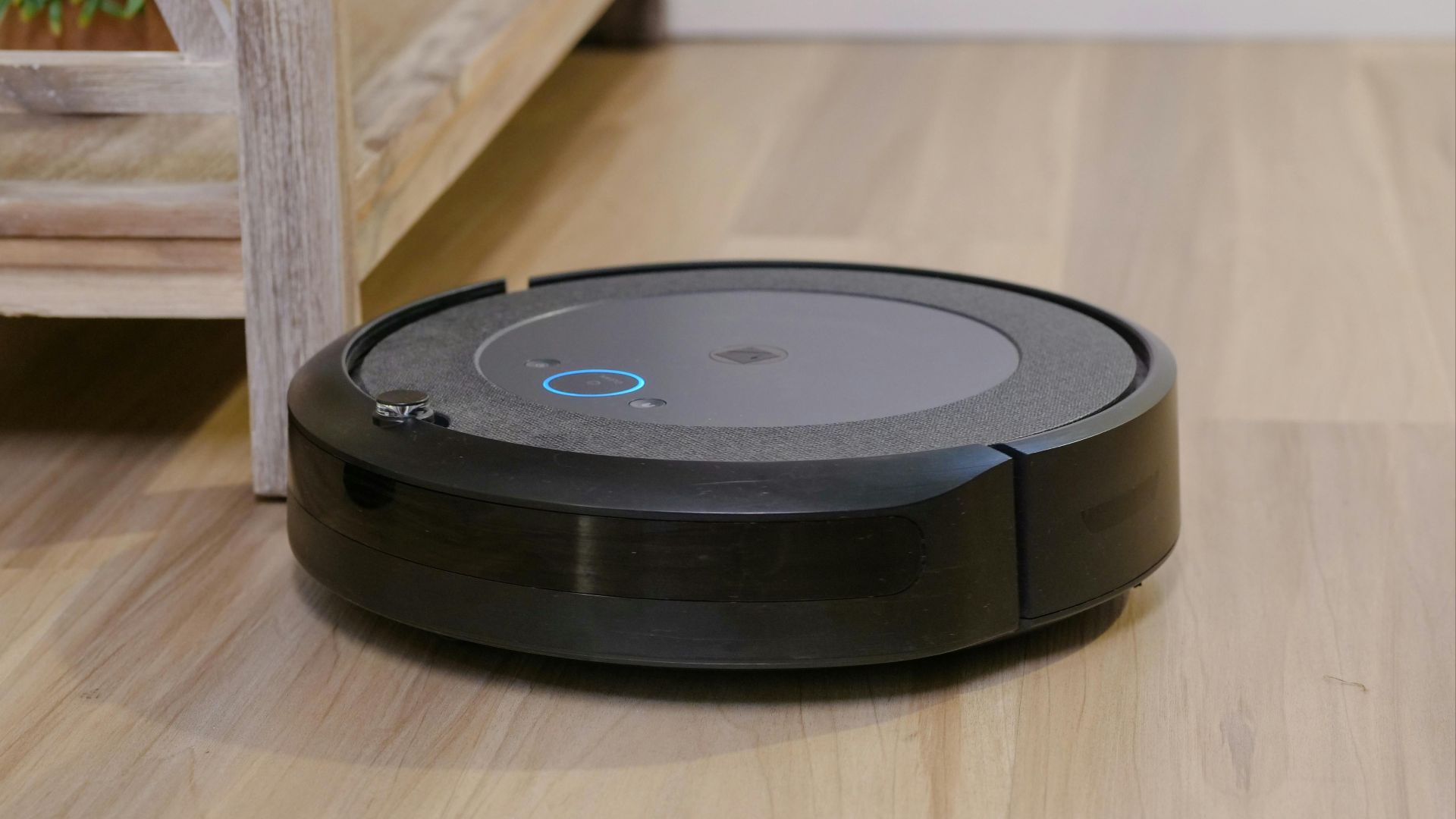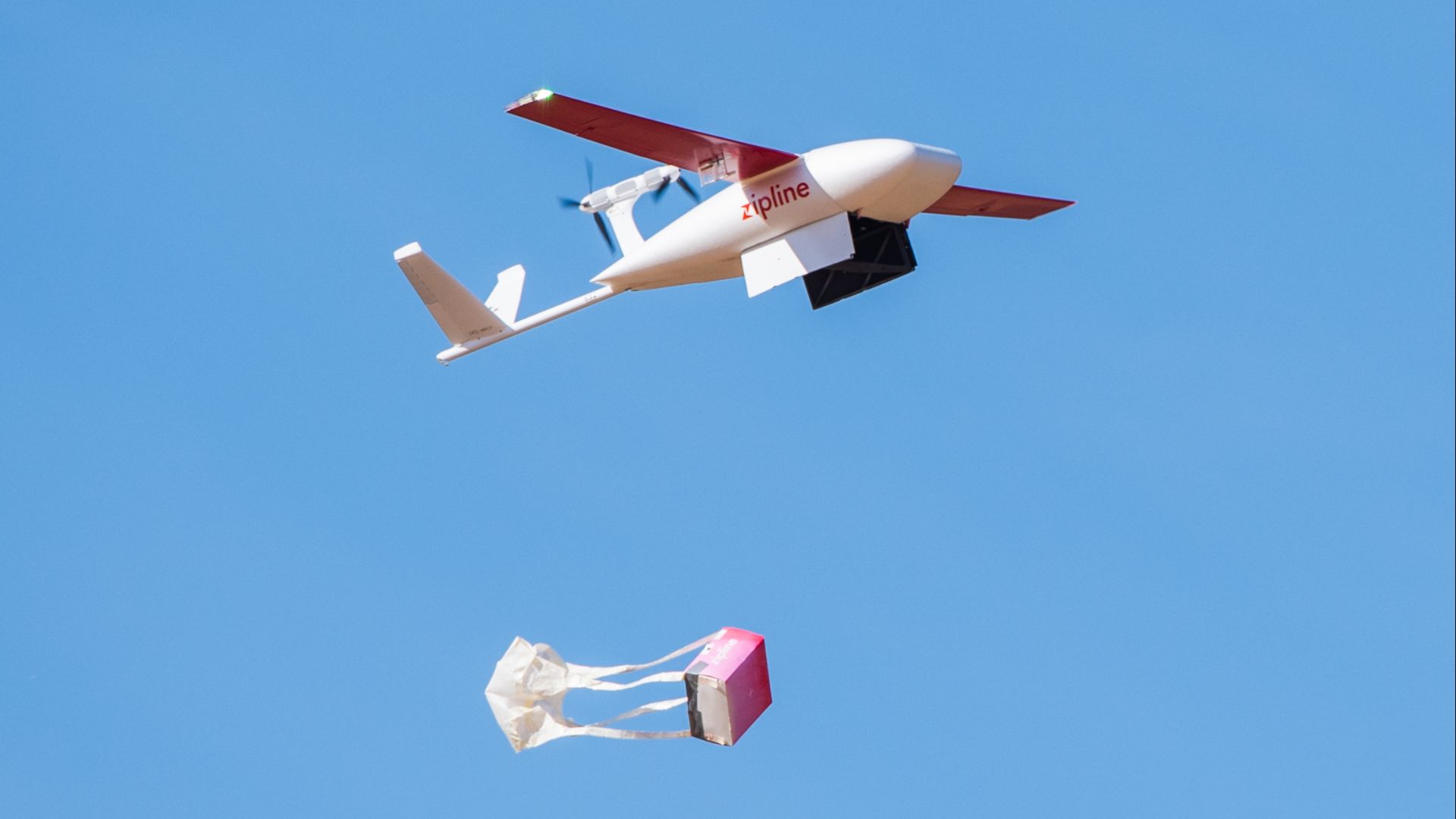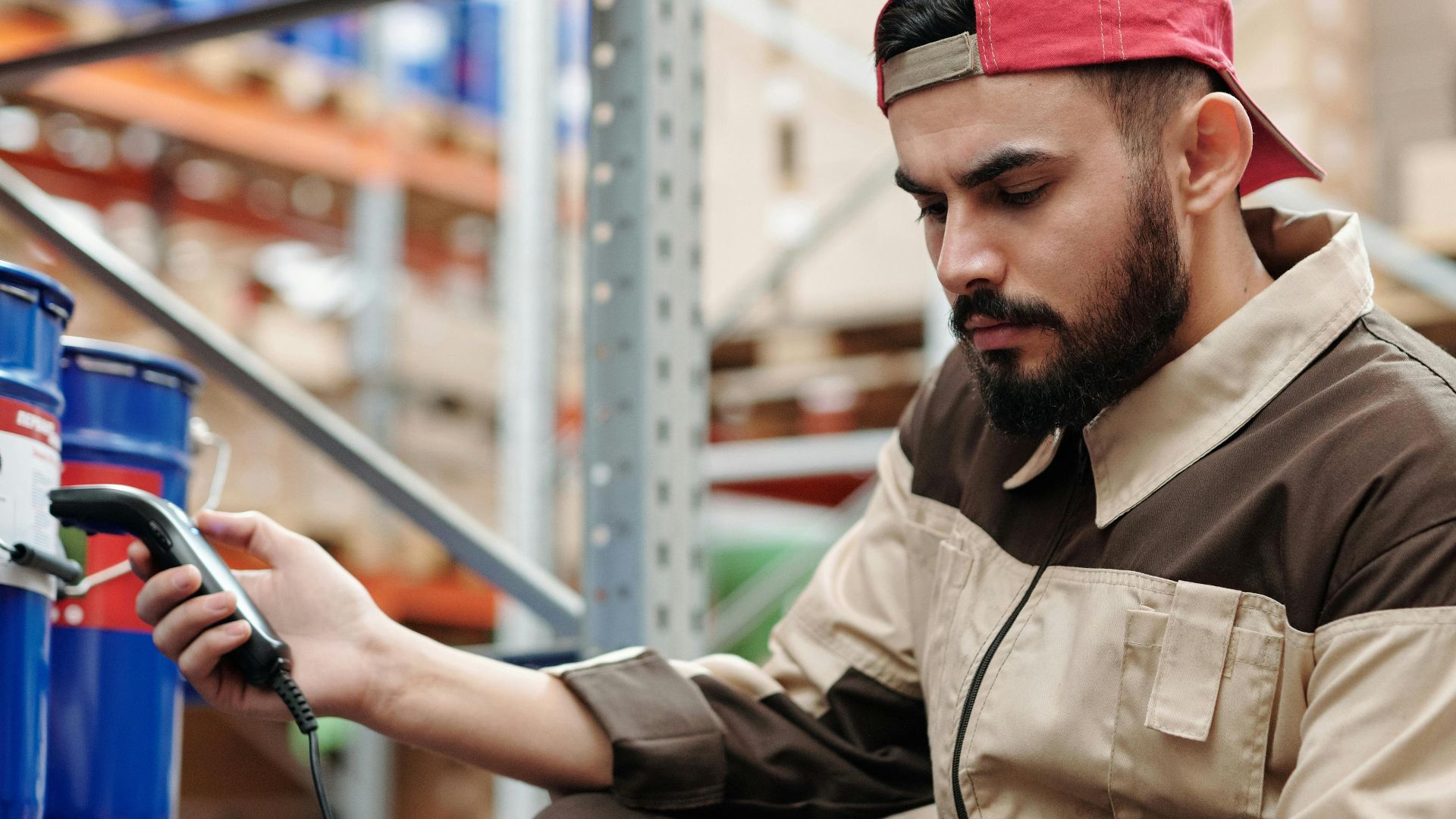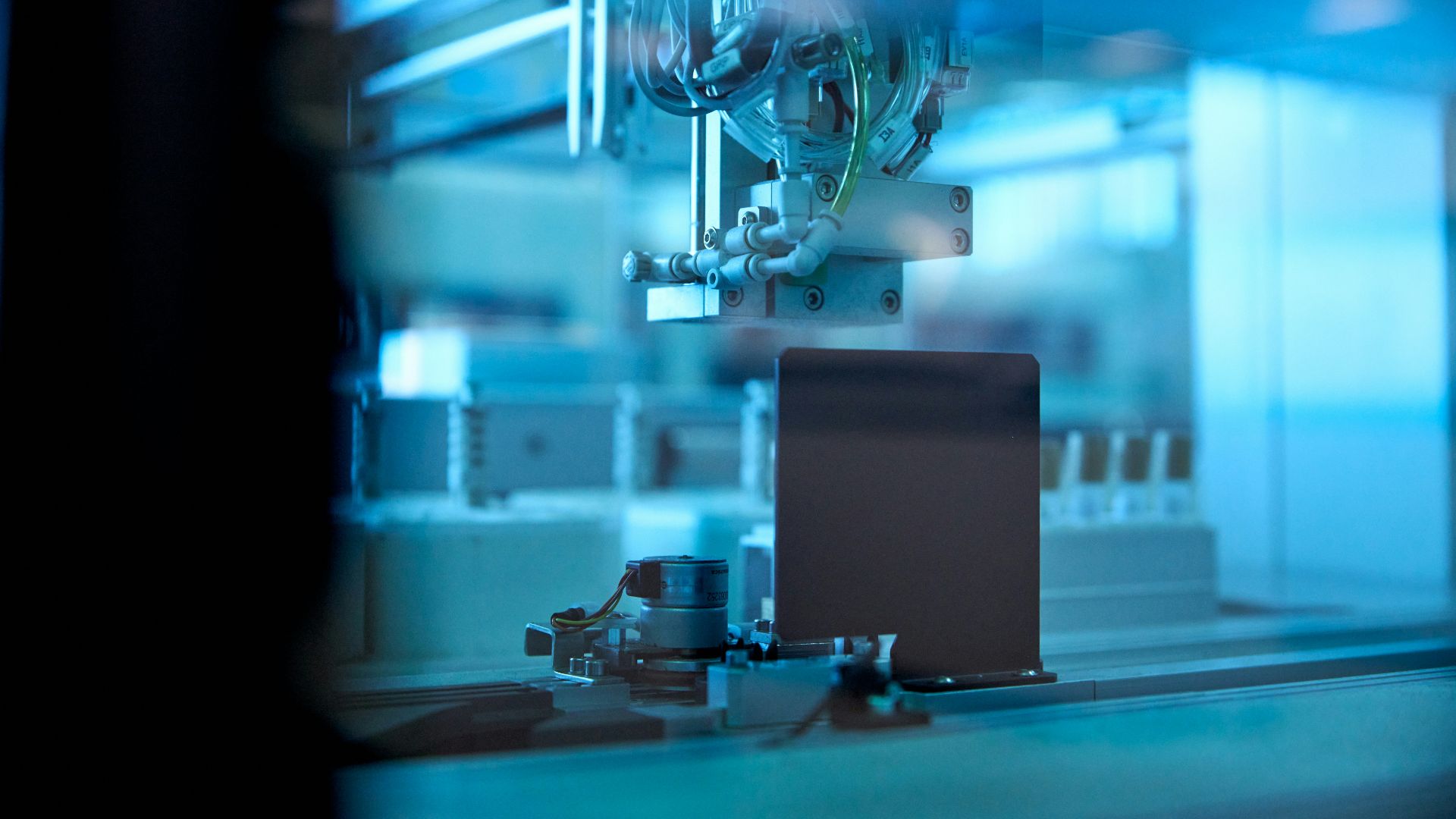Abilities Both Impressive And Slightly Unsettling
Robots are gradually creeping into every aspect of life. Some of their abilities amaze us, some unsettle us, and others just make us wonder how much longer we’ll actually be useful. These technological marvels don’t sleep or complain, and that alone gives them an advantage over most human workers. Of course, robots lack things—imagination and empathy, to name a few—but they make up for it with their precision, speed, and endless stamina. Here are twenty things that robots beat us at every single time.
1. Calculating Numbers
Granted, there are some prodigies out there who can calculate equations that most people couldn’t do without a calculator. Even so, these so-called human calculators fall short of a robot’s prowess. Robots handle billions of equations in seconds, while most of us pause to count on fingers when splitting a dinner bill.
2. Repetitive Assembly
There was a time when human workers handled the monotonous tasks on an assembly line. But inevitably, human error sneaks in; they get tired, and mistakes happen. A fully calibrated robot can bolt the same part onto a car frame all day, every day. Robots can do the same task perfectly identical every time, no coffee breaks needed.
3. Precision Surgery
Surgical robots can make incisions measured in millimeters. Although these tools are guided by doctors, the robots themselves are steadier than any human hand. A surgeon might tremble after six hours, but the machine just keeps plugging away.
4. Endurance Lifting
Even though human beings have assembled some pretty impressive structures in the past, nowadays, machines can haul literal tons without breaking a sweat. Think of warehouse robots carrying entire pallets while a person struggles with one heavy box. The reality is forklifts don’t throw out their backs.
5. Sorting Data
Imagine how long it would take you to comb through millions of documents for a single phrase. Robots do it in seconds. Paralegals once spent weeks on this kind of task; now it’s automated.
6. Detecting Flaws
Human senses are faulty, let’s face it. When robots scan for hairline cracks in airplane wings, they notice imperfections invisible to the human eye. Their sensors don’t blink, and they never rush the job because they want to clock out early.
7. Working Without Sleep
A robot can run 24/7 if maintained properly. Humans, on the other hand, hit walls; they yawn, become irritable, and sloppy as the hours drag on. Midnight shifts are brutal for people. For machines, all hours are regarded the same.
8. Space Exploration
Human beings need sophisticated machinery to venture outside the narrow zone of conditions that make life possible. Outside of our atmosphere is radiation, zero oxygen, and freezing temperatures that would be the death of a person within minutes. Machines can handle it. The Mars rovers roll on for years, sending back photos and data.
9. Dangerous Bomb Disposal
It’s no great tragedy if a bomb goes off and takes a robot with it. Remote-controlled robots can roll up to a suspicious package and cut the wires with remote claws. Robots keep humans out of blast range.
10. Scanning Groceries
It may sound like a rather mundane task, but checkout scanners tally food faster and more accurately than a tired cashier who otherwise would have to input all the codes by hand. We’ve all watched the machine correct us when we swipe an item wrong.
11. Navigating Traffic Patterns
GPS systems read traffic patterns and update routes instantly, calculating the fastest way of getting from point A to point B in the face of congestion or unexpected road closures. Nobody misses the days when all you had at your disposal for navigation was a map in the glovebox.
12. Translating Languages
There was a time when you needed to hire a translator to decipher a foreign text. Nowadays, machines can instantly switch between every language imaginable within seconds. If you’ve ever stepped foot in a place where the people don’t speak English, you can appreciate how handy Google Translate can be. Talk in English into the speaker, and out comes the language you need to communicate in.
13. Detecting Illness
Algorithms scan medical images for tumors or anomalies that doctors might miss and compare them with the entire recorded medical literature. They highlight suspicious spots in seconds. It’s not foolproof, but it’s frighteningly accurate.
14. Handling Extreme Temperatures
Mining robots drill through dense rock or subzero ice while humans would collapse from the effort. Protective gear only goes so far. Machines can handle extremes that people simply aren’t equipped to deal with.
15. Remembering Everything
A robot can recall every detail of a conversation, every stored document, and every camera frame. Meanwhile, humans misplace keys or forget names seconds after introductions.
16. Cleaning Floors
Roombas may bump into couches, but they never complain about the chore. Meanwhile, how often do we put off vacuuming until the dust bunnies start to wander out from beneath the bed into the open?
17. Delivering Packages
Drones zip over traffic and drop parcels in backyards while couriers face traffic jams, weather, and aching knees from staircases. Robots just buzz overhead, making package delivery as efficient as it can possibly be short of teleportation.
18. Counting Inventory
Warehouses used to rely on workers scanning shelves to keep track of inventory. Now computers digitally track everything, logging arrivals and departures within seconds. Humans take hours, sometimes days, to manually keep count and log in everything.
19. Weather Prediction
Humans can look at the evidence and make an educated guess. Robots, however, crunch terabytes of satellite data, temperature readings, ocean currents, and atmospheric pressure to predict weather patterns days in advance. Meteorologists interpret the results, but the heavy lifting is done by robots.
20. Staying Calm
The reality is, robots don’t panic. There’s no sweaty palms before a speech, no yelling in traffic, or trembling during turbulence. Their complete lack of emotional reaction to things that would send us cowering is perhaps their greatest strength and simultaneously their greatest weakness.




